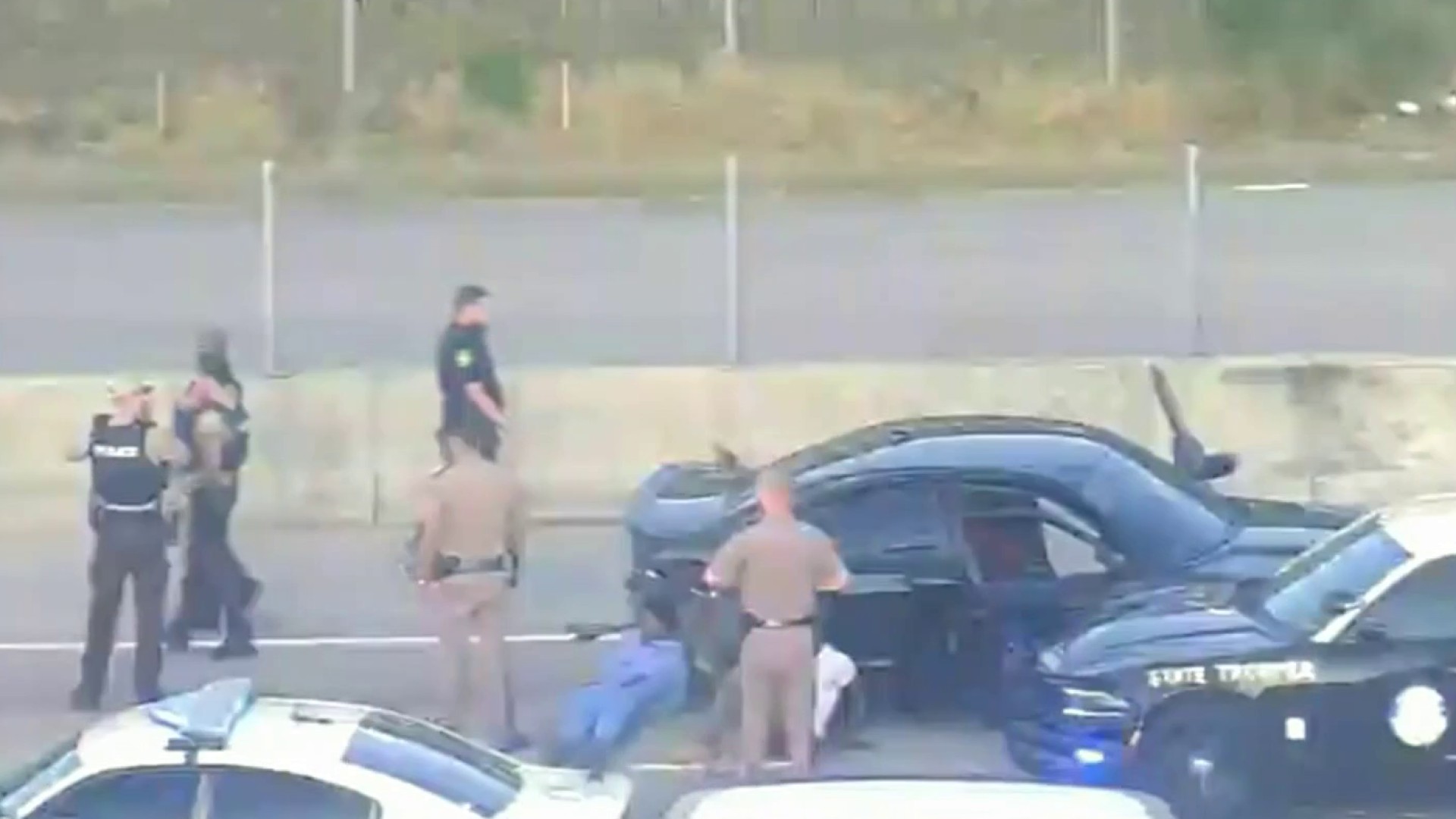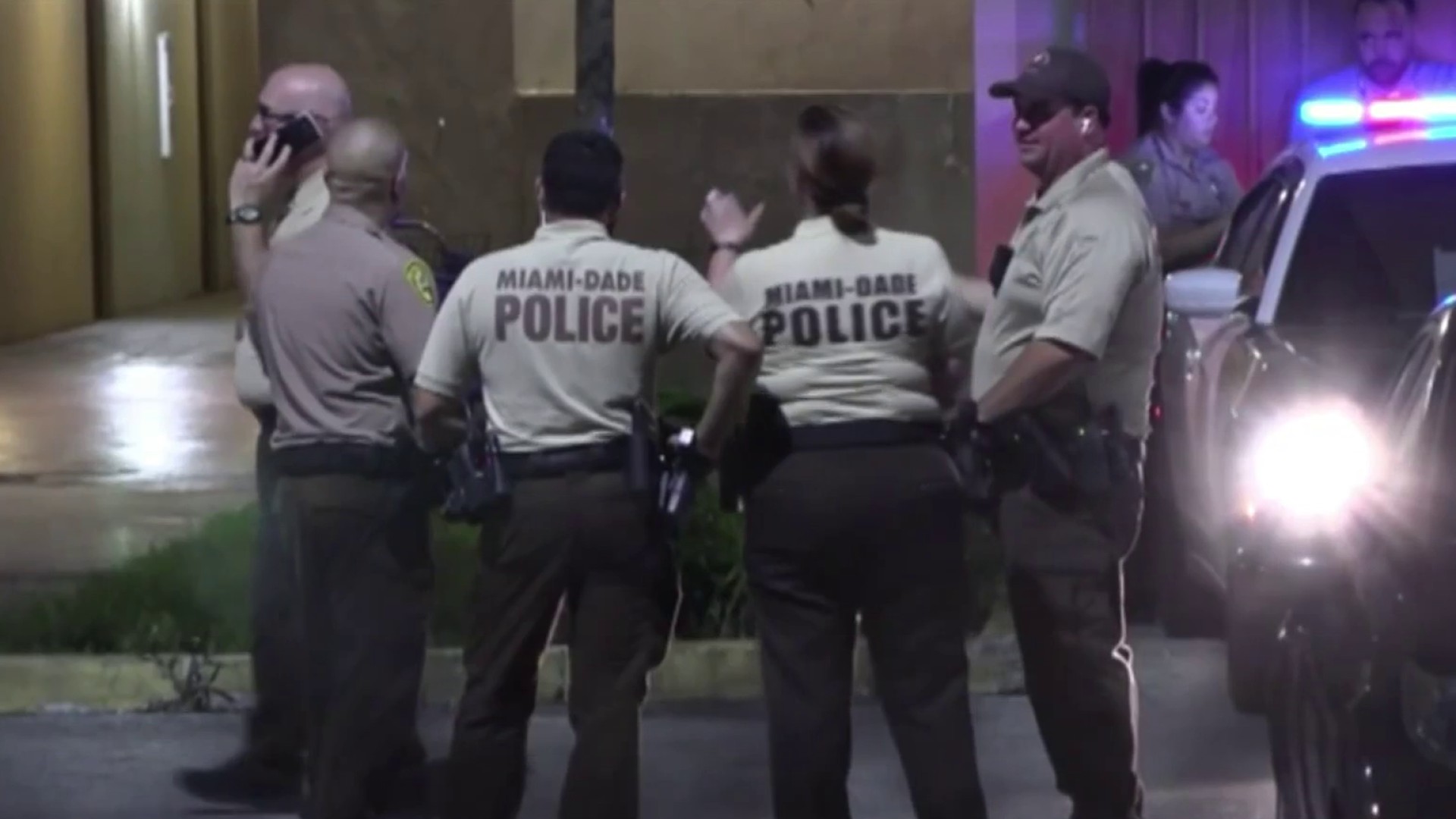Ethan Hoffman wanted to spend his summer working on his career so he looked for a paid internship. When the University of Miami sophomore thought he found one on LinkedIn, he applied.
He says he didn't double check to see if the internship was listed on the company’s website.
He says he quickly heard back from someone who said he was with McLaren Health Care Corporation in Michigan.
“They just said we saw your application for one of our manager positions in South Florida this summer, and we’d be interested to interview you about the position,” Ethan said.
Had he researched the company, he would have found out they did not offer paid internships. A company spokesperson told NBC 6 Responds no one with their company contacted Ethan about a position or sent him a check.
Ethan says the person who did contact him arranged to do an interview through “Google Hangout.” Being asked to interview that way can also be a warning sign of a problem.
Ethan says he was told he was selected for the position.
Local
“I was instructed further on how to get materials such items I would need for this internship a lot of programs on the computer,” Ethan said.
In order to get started with the company, Ethan said he was told he needed to purchase some programs for the internship. He was sent a check for $3375 to use to pay for what he’d need.
“I did have some questions to legitimacy,” Ethan said. “But I guess I was desperate for an internship I guess I put my eggs into baskets that weren’t really there.”
Ethan says he didn’t endorse the check and deposited in into the ATM at a Citibank branch. He says he didn’t endorse it hoping that would draw attention to the check to ensure that it would be flagged if it wasn't legitimate.
So, when 24 hours passed, the funds were made available in his account.
So he followed the instructions he was given and withdrew all the money.
“I was given an account name, number and tracking number to deposit this money and I did so,” he said.
But the UM student was contacted by Citibank a few days later. He was told his bank account was overdrawn due to the $3400 check that was fraudulent.
That’s when Ethan realized he was scammed.
In a statement Citibank told us, “The protection of our client’s accounts is our chief priority, and we investigate every claim of fraudulent activity thoroughly. In this instance, the check was presented as a cashier's check and as such, funds were given full availability in accordance with regulations. We encourage clients to be vigilant about potential fraudulent activity and scams. Although not handled to the client’s satisfaction, the issue was fully investigated and we are unable to reimburse the funds.”
Citibank didn't directly address the issue regarding the ATM accepting a check that wasn't endorsed. We contacted other banks who told us it's not unusual for an un-endorsed check to be accepted through an ATM. In many cases, funds will be made available before verification is completed, if the customer has a good relationship with the bank and enough funds are in their account.
A spokesperson for LinkedIn sent this statement: "LinkedIn has measures in place to help members protect themselves against scams. We also have teams working to detect malicious or abusive behavior and implement solutions to remove it quickly. Our Help Center and our scams section in particular can assist members in identifying and reporting any potential fraud. If a member has been the victim of fraud, we encourage them to also report it to their local law enforcement."



